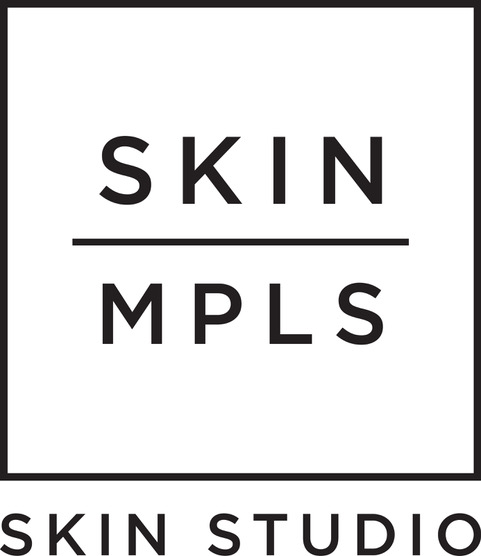Let’s Talk Tret(inoin)
It goes by many names, most commonly Retin-A. If you’ve been recommended a prescription for acne, aging, scarring, or just general skin concerns, it’s most likely been some form of Tretinoin. Tretinoin is a topical product that is derived from vitamin A to treat skin conditions. If you need a refresher on what vitamin A is click here.
First, if you are already using this prescription, it’s VERY important to share that information if you also are getting facial treatments or facial waxing. Tretinoin can make your skin sensitive to exfoliation and your aesthetician should always have a clear vision of your homecare if you want to meet goals. Aestheticians are not asking about your skincare to judge you! It is always to help you get the most out of your treatment and the most out of your skin.
Okay, should you use tretinoin? Here are the pros: it is the strongest method of daily exfoliation out there. It is classified as a drug and is FDA-approved, meaning it does work. Unfortunately, since it is a drug it does have side effects. These side effects include burning, flaking, post-inflammatory hyperpigmentation, acne, broken capillaries, and increased sun sensitivity (which could lead to more sun spots) – so those are the cons.
If you’re using prescription tretinoin, you must treat it like a drug. That means using it daily (or with some regular pattern) and following the instructions very carefully to avoid unwanted side effects. You want to apply it on the whole face, don’t spot-treat an area – that will create uneven results. Also, it doesn’t always “play well” with other actives, so it can be challenging to work it into your skincare routine with your other skincare products. If you view skincare as a hobby, that might be hard for you!
I bet you are wondering how we feel about it. The cream version has icky ingredients that cause acne (don’t even get us started talking about this), and the gel version is so strong it causes irritation for most people. Also, it is very tricky to use this correctly. Only a small handful of people have skin thick and tough enough to tolerate it. So while it sounds great in theory, it should come with a long instruction manual! Remember, dermatologists treat serious skin conditions while aestheticians curate skincare products and treatments that promote glowing, healthy, and clear skin.
We aren’t saying you shouldn’t use vitamin A! You should absolutely use topical vitamin A, often referred to as retinol. It’s true, however, the bulk of beauty store or drugstore brands of vitamin A topicals don’t really do the trick – and there are a lot of mistruths about retinol out there. We are fortunate to have access to a unique and powerful vitamin A formula, Vivant’s retinyl propionate.
Dr. Fulton (the creator of Vivant) co-patented Retin-A (the original prescription tretinoin). Later, he went on to improve the formula further and, thus, Vivant’s vitamin A serums were born. Fun fact: Vivant’s version of vitamin A is the closest in molecular structure and size to the prescription form – it has just three extra carbons. And those carbons are a benefit, they help the product penetrate ever-so-slightly slower – which makes the product easier to tolerate. It goes just as deep, it just doesn’t pull the fire alarm on the way down through your skin. There may be other decent vitamin A products on the market, but, in our opinion, none of them really stack up against Vivant. Some aestheticians may not have access to a great retinol and they may recommend you do use the prescription version. Again, always share your products with your facialist and, if they are passionate about their work, they will dig in deeper to help you meet skin goals.
In the end, there are many ways to achieve your best skin. Judge your progress by your skin and trust your intuition. Stronger is not always better, and be cautious of all the prescriptions that can be freely handed out at the doctor. Dermatology is not a public service, it is a business. If you don’t have a clear understanding of what tretinoin is and does, don't put it on your face. The beauty of an aesthetician is that we have time to talk through every step of your skincare journey. Take advantage of your appointments and ask us questions!
